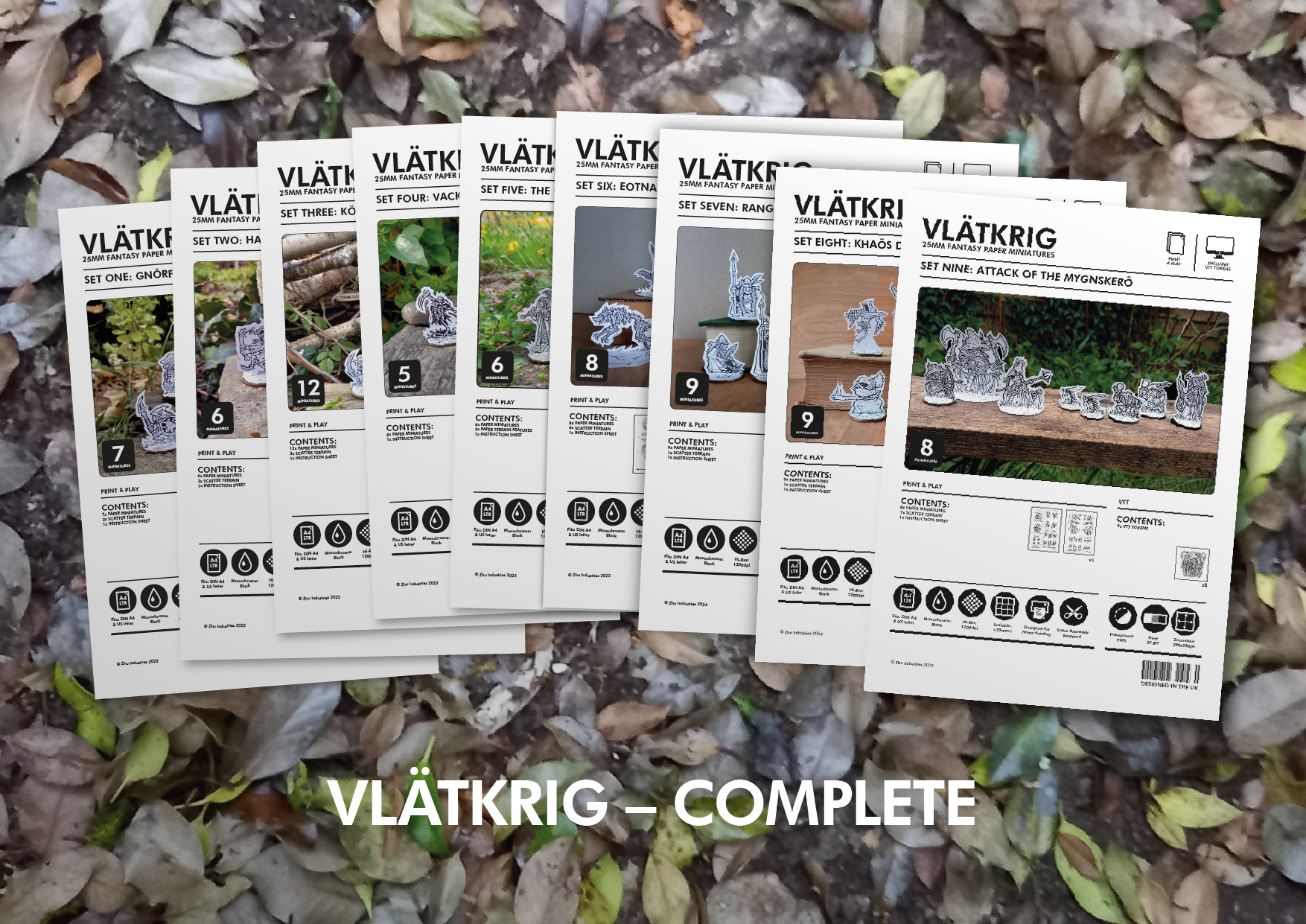This is the tale of a Demon-stalker, a kind of templar-knight investigating an incursion of demonic forces into a rustic valley in the Old World, whose family have been kidnapped and homeland ravaged.
By book 40 of the Fighting Fantasy series adding a special attribute in order to make the game unique has become the expected norm, and here is no different. Dead of Night uses an "Evil" score to measure the morality of your actions (aka "alignment graphing" for all you old school D&Ders!). The prose, plot and this mechanic work really well in combination - often you can be forced into doing Evil actions by well-meaning intentions and otherwise logical acts - hanging around peasants too long will incurr their wrath as they see demons and their hunters as two sides of the same conflict they'd be better of without. We're in slightly murky moral waters here. There are also a selection of talents - like D&D clerical spells, or Lone Wolf's Kai abilities - the selection of the 'right' ones will make the game easier or harder and give clearer routes to victory (spoiler: go for the defensive).
There are grim echoes of the Enemy Within Campaign from Warhammer Fantasy Roleplay (which the authors: Jim Bambra was on the design team of, and Stephen Hand was working at GW during the time of WFRP development) and indeed with a little reworking would make a fine WFRP mini-campaign. Even touches like the use of river-transport echoes the Empire campaign setting, the 'taint' of evil running though and the peculiar naturalism all add to the effect. Dead of Night or "Nachtmord" as a WFRP nick-name... is very much a low-fantasy setting, quite different from the usual ecclectic high fantasy of Titan. Whilst in interview Hand has claimed a "Hammer Horror" influence, any direct comparison with English Gothic Cinema (with it's busty wenches and gore) pales with the similarity to WFRP's chaos tinged, Call of Cthulhu influenced fantasy setting.
One nice scene is a zombie-attack minigame that utilises a floor-plan of a cottage for you to strategically place the defendants and a dice-mechanic for which door/window the undead attack through echoing George A Romeros Night of the Living Dead and something of Stephen Hands Chainsaw Warrior solo board game perhaps? Would have made an excellent centre-fold boardgame for Warlock Magazine if it was continuing at this time.
All in all this is, dare I say it, incredibly good for a Fighting Fantasy book, whilst I can get all misty-eyed and nostalgic for the very early Steve Jackson and Ian Lvingstone dungeons, citadels and forests, with their randomly stocked layouts and fiendish traps, Dead of Night is good on many levels, from it's brave use of morality as a theme and it's dark foreboding atmosphere to the challenging puzzles.
Wednesday Comics: DC, October 1984 (week 2)
-
I'm reading DC Comics' output from January 1980 (cover date) to *Crisis*!
This week, I read the comics released the week of July12, 1984.
*Superman #400:...


